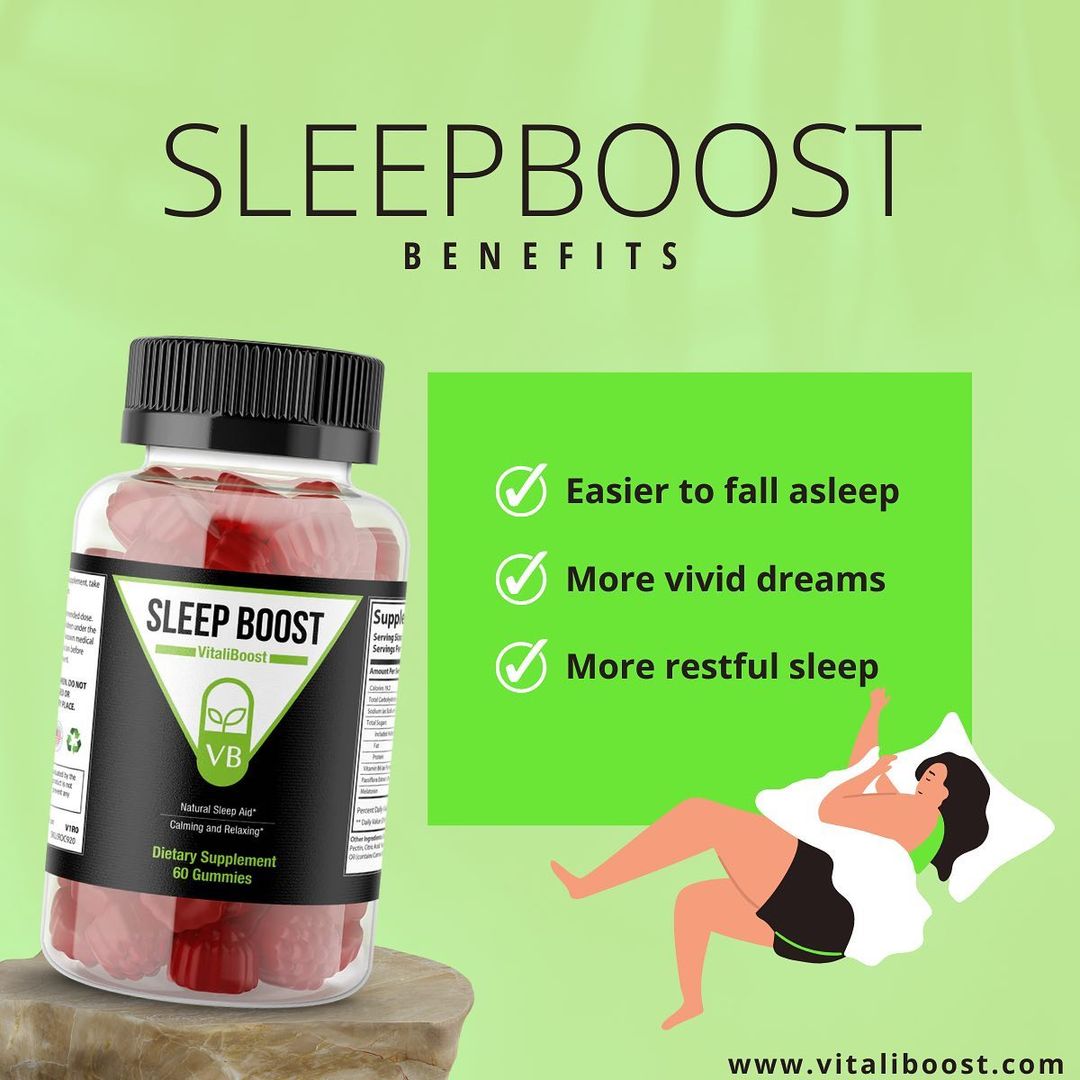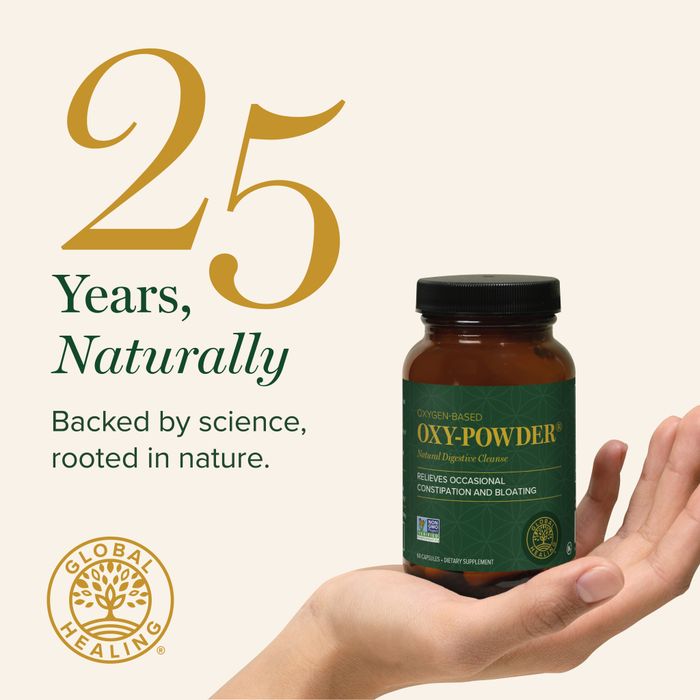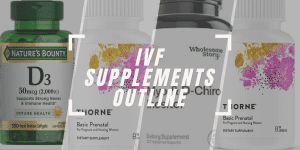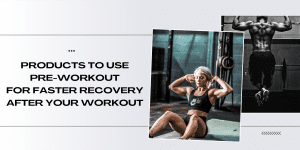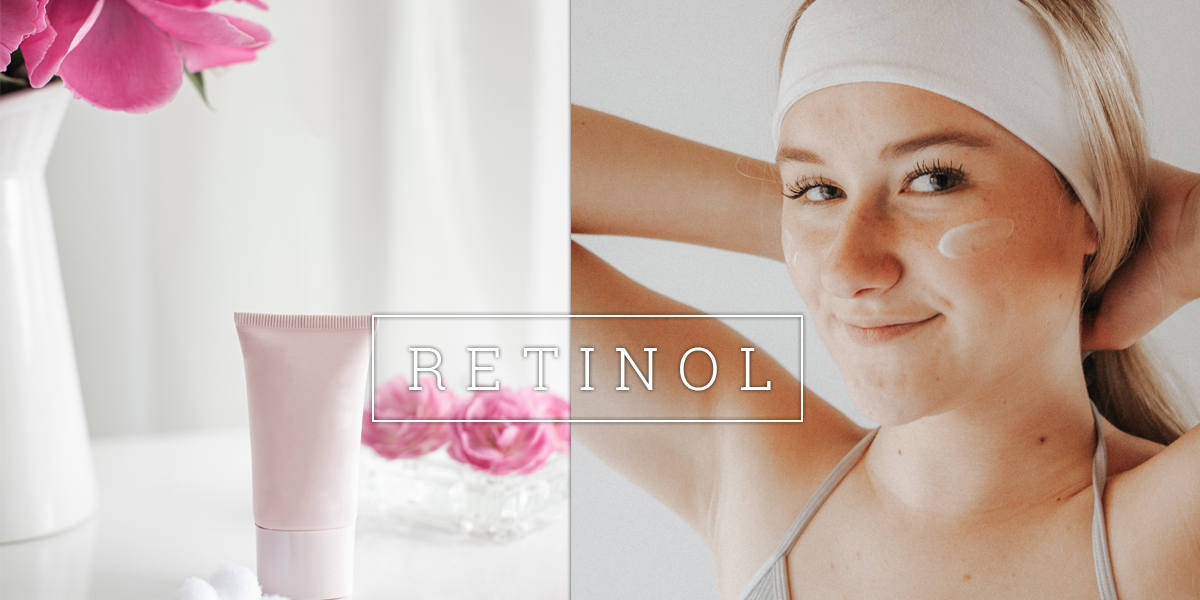
Adding actives to your skin care routine is an excellent way to keep your skin looking young, fresh and radiant. However, before you incorporate a retinol serum into your daily routine, it’s important to understand how to use it properly. Otherwise, you can actually do more harm than good!
I love having powerhouse products like retinol and vitamin C in my skincare regimen, so I’ve made this guide to retinol for beginners so you can get all of the great benefits, too.
Retinol 101: A Quick and Easy Cheat Sheet
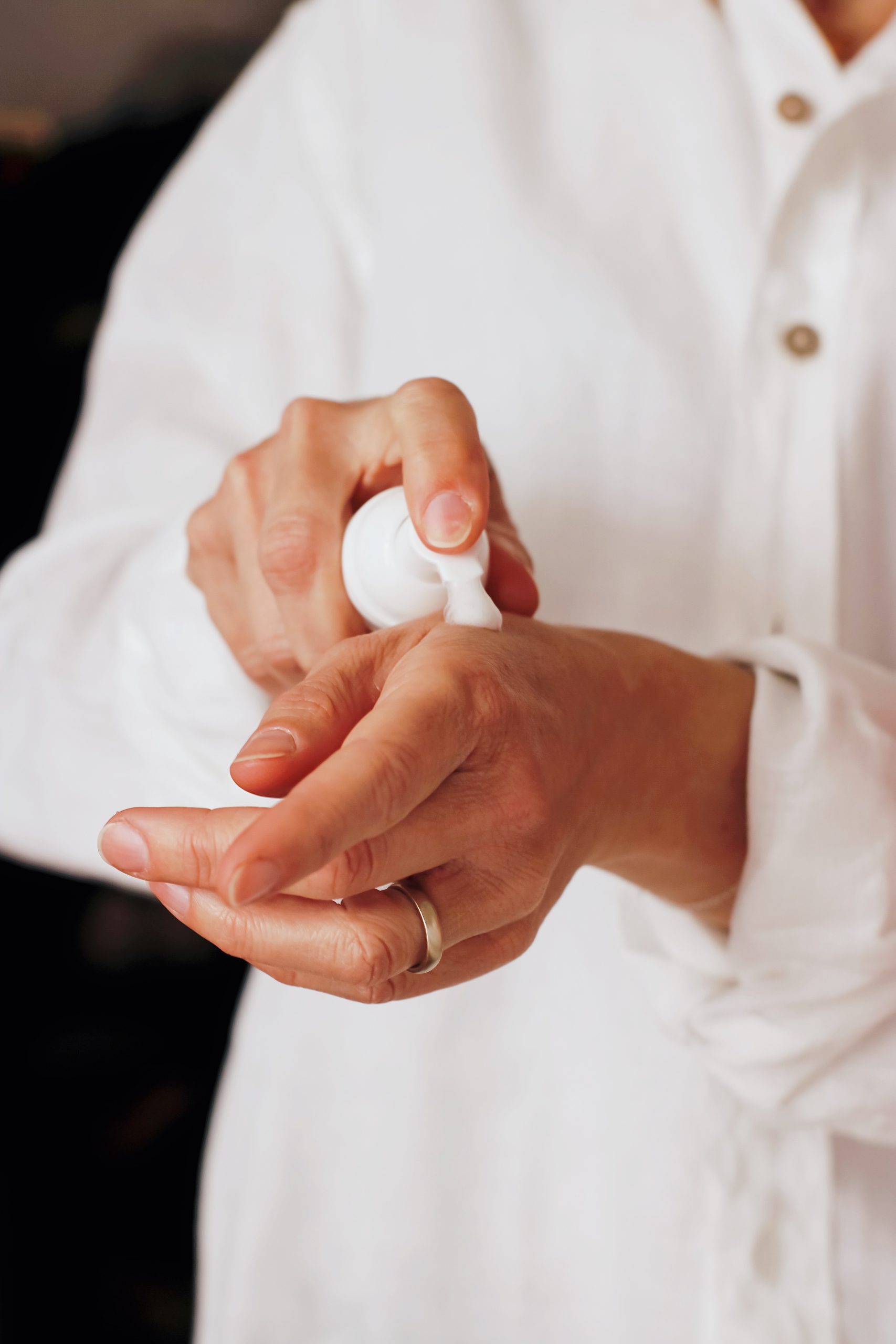
Retinol, aka vitamin A, comes in a few different forms. Pure retinol is only available as a prescription (called tretinoin) because it’s extremely potent.
But! Over-the-counter retinol creams and serums have a different class of less intense yet still effective compounds called retinoids that don’t require a prescription. They’re a great intro to retinol for beginners or anyone who needs budget-friendly options.
Retinol Uses and Benefits
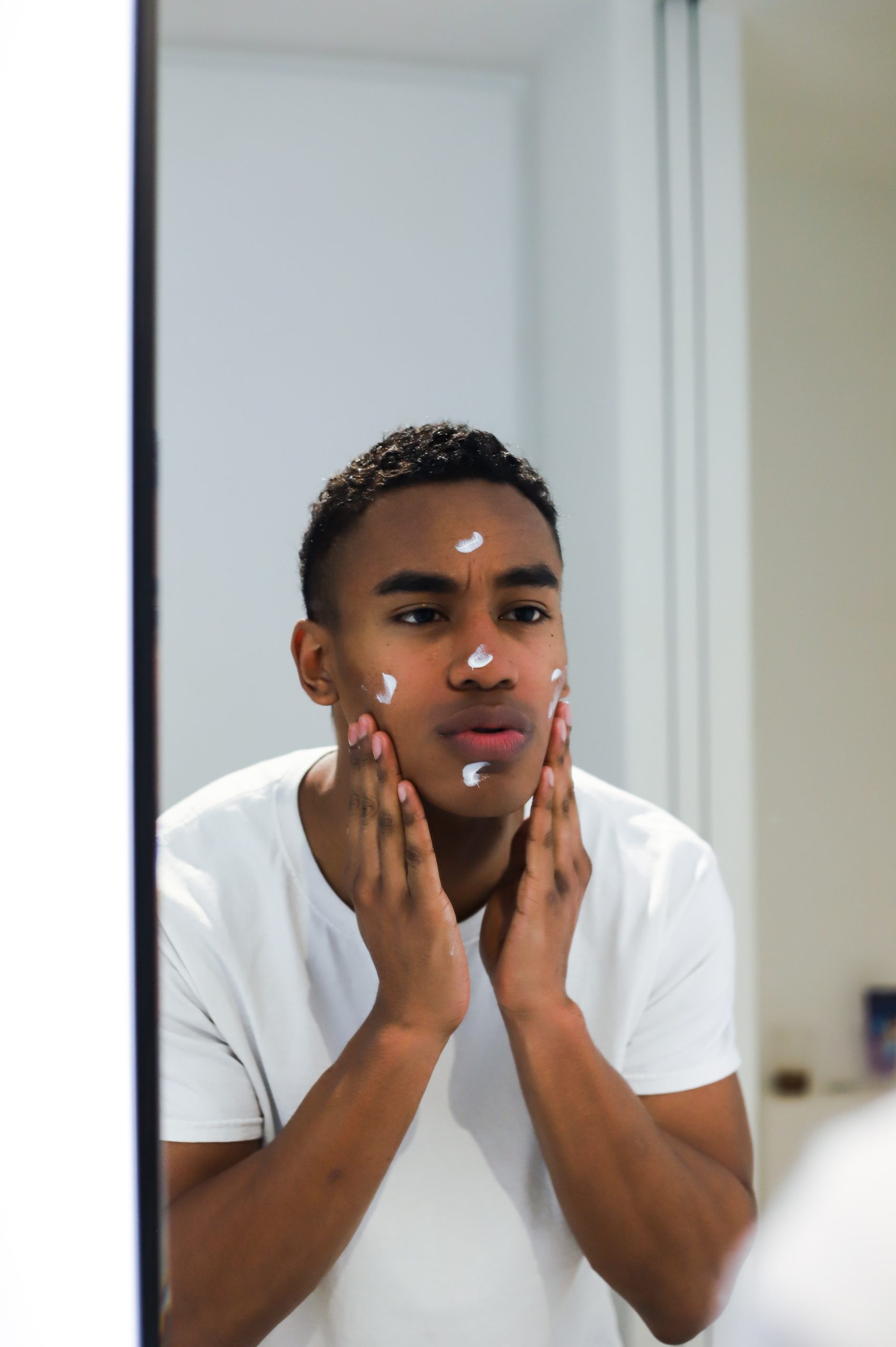
You may have seen that retinol is used for acne, anti-aging, wrinkle erasing, radiance boosting and all kinds of other claims that make it sound magical.
You’re probably assuming it’s overhyped, right? I don’t blame you for thinking that, especially if you’ve seen retinol before and after photos online. The important thing to remember about these claims is that everyone’s skin is unique, so you might not get every single benefit you’ve read about online (but you’ll definitely get some or most of them!).
Here’s what adding retinol to your skin care routine can do:
1. Reduce fine lines and wrinkles: Topical vitamin A encourages collagen production, which helps your skin look plumper and healthier.
2. Unclog pores: Because it encourages skin cell turnover, it’s great for keeping acne at bay and reducing the appearance of large pores.
3. Boost elasticity: Retinol and retinoids encourage collagen production, so your skin will look plump and bouncy with long-term use.
4. Smooth and brighten: Regular use of the right retinol product (along with proper sun protection) will encourage a bright, even skin tone free of hyperpigmentation.
How to Choose a Retinol For Your Face

The number one rule for how to use retinol is “low and slow.” You want to find the minimum amount of retinol that will work for your skin because the higher the amount, the more likely you are to experience irritation, breakouts and sensitivity.
The lowest effective percentage for OTC products is generally 0.3%. I know that sounds like barely anything, but trust me! Start here and work your way up. The maximum amount available OTC is 1%, but you should take your time getting to that level. More is NOT always better when it comes to retinol.
For beginners, I recommend only using it at night 1-3 times weekly. Since it increases photosensitivity, stick to nighttime applications and religious SPF usage during the day. If you can’t commit to sunscreen every single day, skip retinol! This is one of the most important aspects of adding actives to your routine. Without sunscreen, you’ll end up with more sun damage and wrinkles than if you didn’t use it at all.
Retinol For Beginners: Are You Ready?
Retinol might seem intimidating to beginners, but as long as you remember to go slowly, pay attention to your skin’s reactions and practice good sunscreen habits, I promise it’s a worthwhile investment! Have you tried it yet? Let me know in the comments what your favorite retinol uses are!

FAQs
What happens if I use retinol everyday?
If you use retinol cream or serums daily, you could experience increased skin sensitivity or breakouts until your skin builds a tolerance to daily active use. Over time, retinol products can help prevent fine lines, acne breakouts, wrinkles and hyperpigmentation.
Is vitamin C better than retinol?
Both are highly effective actives that benefit your skin. One isn’t better than the other; they do different things. Vitamin C and retinol can actually work well together if your skin tolerates both, boosting brightness, elasticity and resilience.
What are the negative effects of retinol?
Retinol has pros and cons. In some cases (like overuse or using too high a percentage), retinol cream or serum side effects may include sun sensitivity, irritation, increased breakouts, peeling or dry skin. If this happens, it’s best to dial down your use and incorporate more moisture into your skincare routine.



